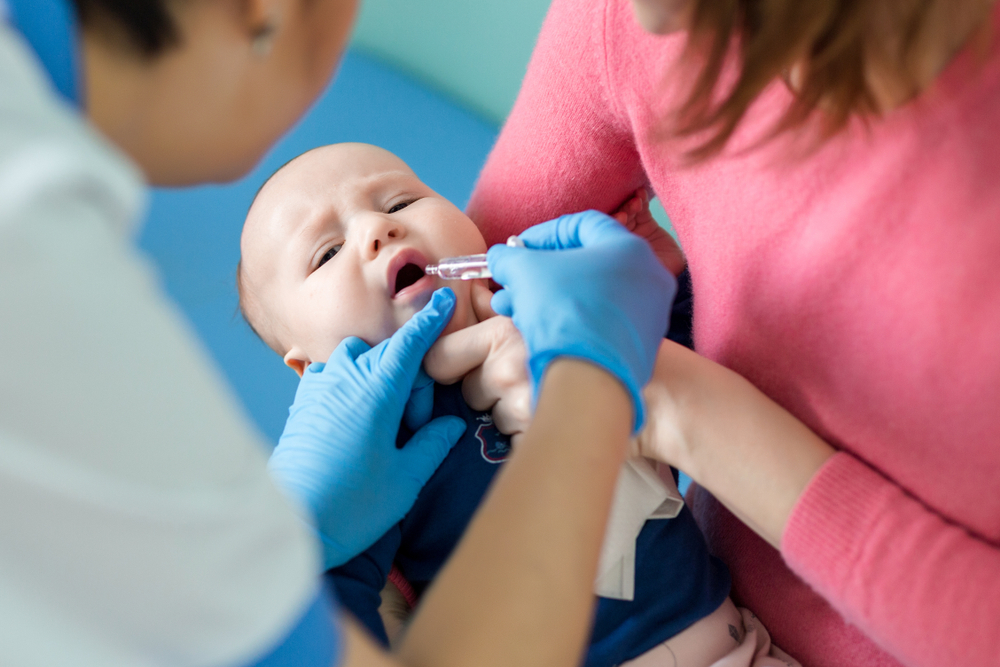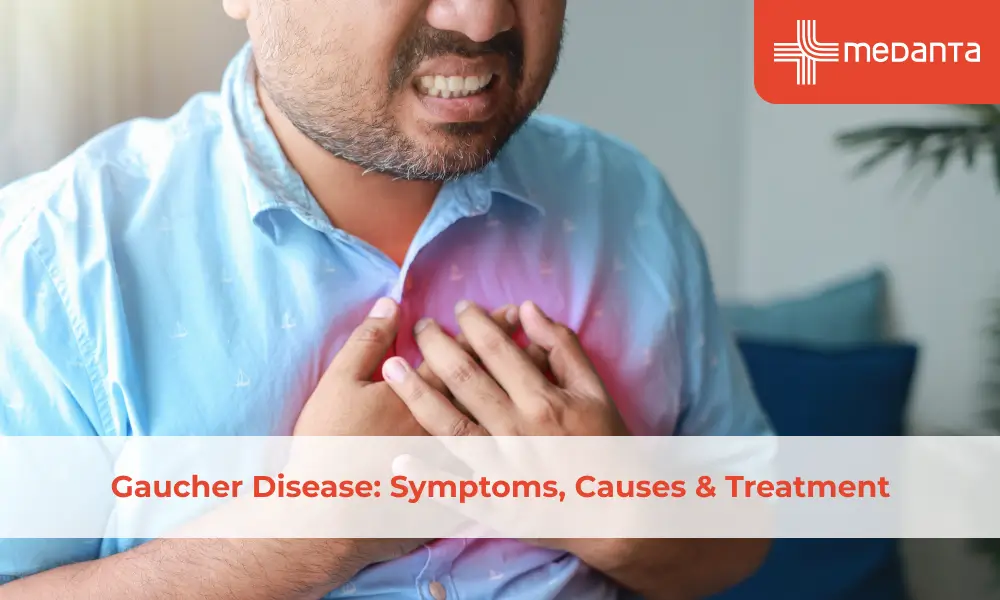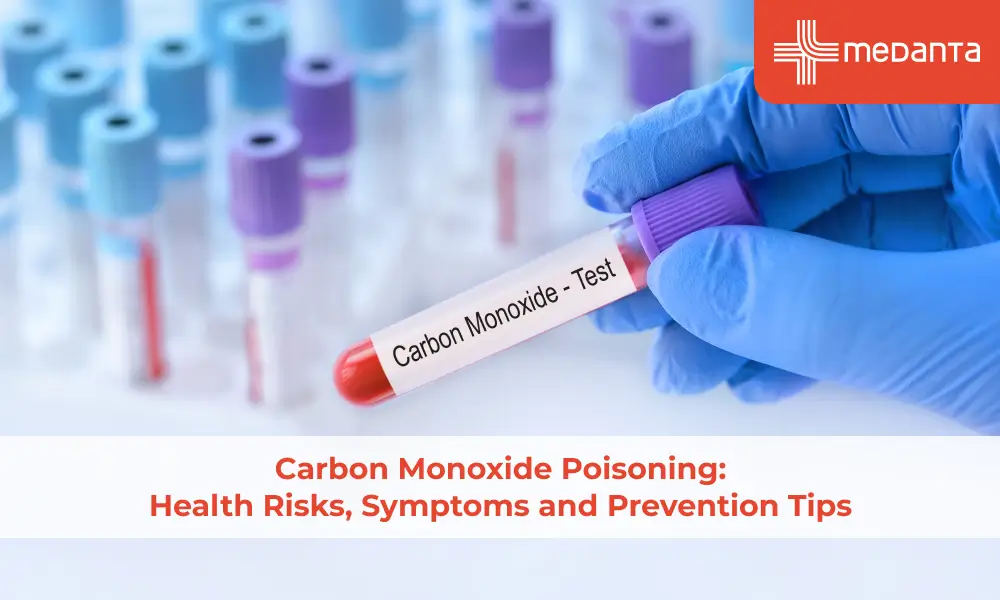Rotavirus: Causes, Symptoms, Vaccination, And Management

Introduction:
What is Rotavirus infection?
Rotavirus is the most common cause of diarrhea in children and young infants across the world. It is highly contagious. The virus is called rotavirus because it is round in shape (“rota” meaning wheel). There is no treatment for the condition. However, a vaccine that has been determined to be 90% effective is available.
Who is most at risk of developing rotavirus?
Infants below 1 year of age have the highest risk, followed by children and then adults. The symptoms are more significant and dangerous in young infants as complications may develop from dehydration if care is not given on time.
How does rotavirus spread?
Rotavirus spreads from contact with contaminated surfaces or stool. It is important to wash hands properly with soap after coming in contact with a potential source of contamination.
What are the symptoms of Rotavirus?
- The symptoms usually start with stomach pain and vomiting with fever.
- When these symptoms subside, it is usually followed by diarrhea.
- Diarrhea lasts for about five to seven days in children
When should you visit a medical care facility?
If your child has diarrhea for more than 24 hours, it is always advisable to visit a facility because children can develop dehydration fast and the dehydration can have complications. Other symptoms to watch out for in children include:
- Frequent vomiting
- High fever
- The child is tired and irritable
- Unusually sleepy or drowsy
- Stools have blood or pus
- Signs of dehydration like dry mouth, crying without tears, very little urine, etc.
Even in adults, symptoms like dehydration, high fever, or blood in vomit or stool require immediate medical attention.
How can you prevent rotavirus from spreading?
If you suspect your child has rotavirus infection, refrain from sending them to daycare or schools where other children may also get infected. It is important to wash both your hands and the hands of the child after coming in contact with contaminated surfaces or stools. The virus can actively infect someone for weeks after an object is contaminated. Disinfection of surfaces and objects the child plays with is key to ensuring the infection does not spread. Maintaining hygienic habits like washing hands before touching the mouth is extremely important.
How can rotavirus infection be managed?
Your doctor may confirm the diagnosis with a stool test. There is no treatment for rotavirus infection. It usually resolves on its own by the effort of the body’s immune system in a few days. We have to ensure that we manage the symptoms until then and ensure that other complications do not develop.
The main methods to manage rotavirus complications include utilizing rehydration fluids to fight back against the loss of water with diarrhea. Fluids with some electrolytes like water from the rice, khichdi, and soups may prove helpful in ensuring the child stays hydrated. If your child is below one year of age, kindly do not switch their diet without speaking to your doctor.
It is best to avoid fatty and sugary foods as they can make diarrhea worse.
Can rotavirus be prevented?
Yes. Vaccines are available against rotavirus that have proven effective in reducing the chance of contracting the illness and also in reducing severity in cases where the infection does occur. Check with your doctor to know about the rotavirus vaccine.






